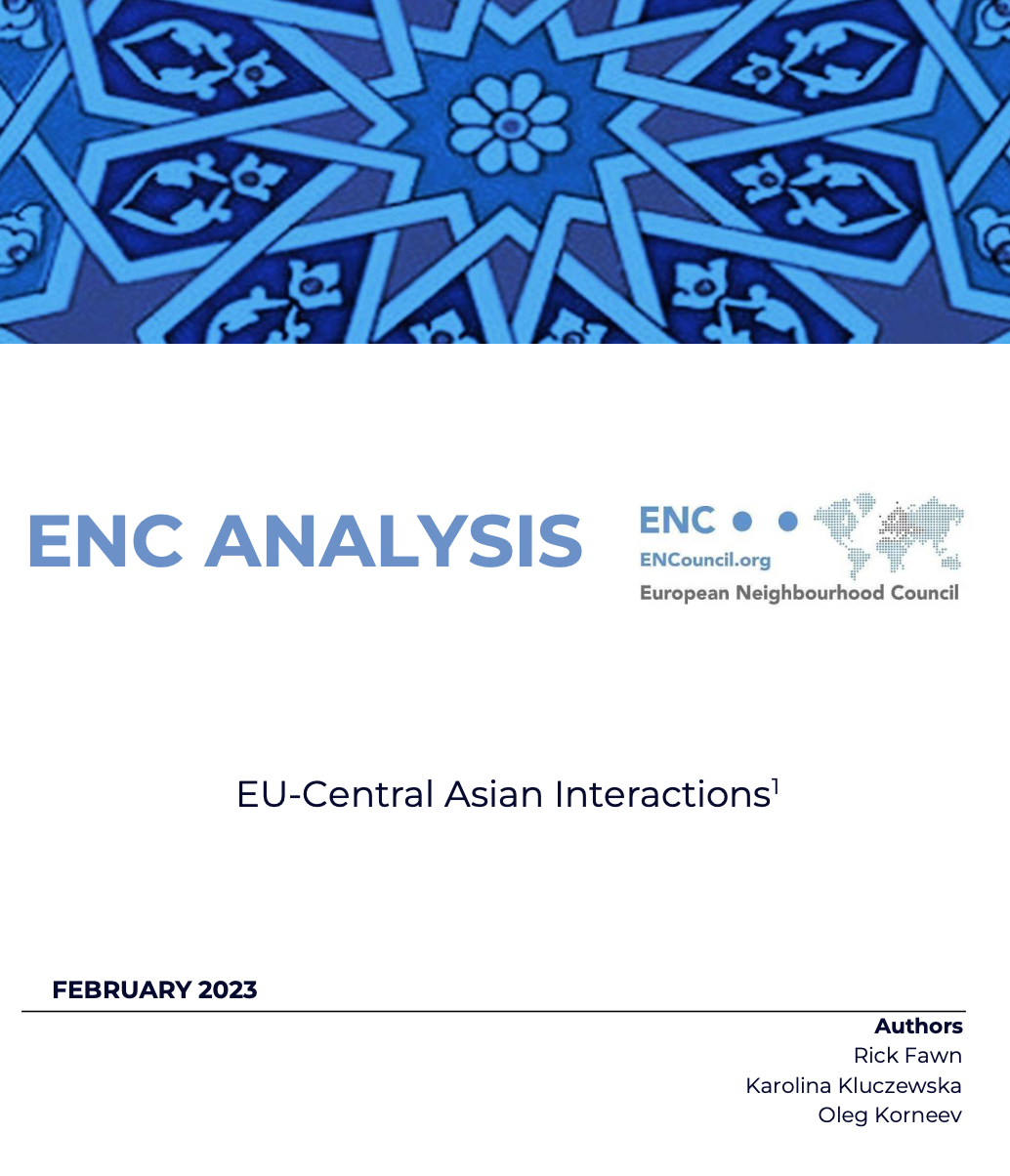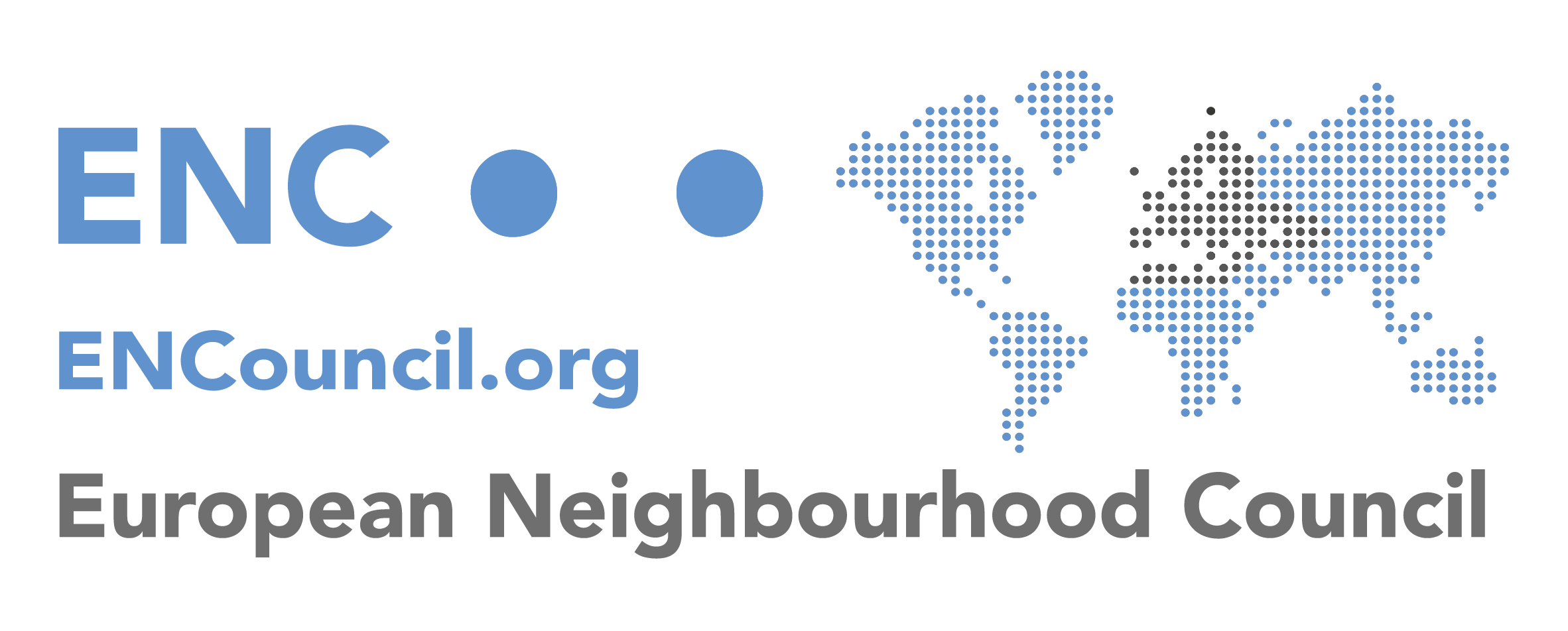ENC Analysis: EU-Central Asian Interactions
The European Neighbourhood Council (ENC) released its new analysis on the growing importance of the interactions between the European Union and Central Asian countries.
This article is written by our academic council members Prof. Rick Fawn (Chair in International Relations at the University of St Andrews in Scotland), Dr. Karolina Kluczewska (FWO postdoctoral researcher at the Ghent Institute for International and European Studies (GIES) at Ghent University), and Dr. Oleg Korneev (Associate Professor at the Department of Political Science and International Relations at the HSE University in St. Petersburg).
Central Asia’s role in the EU’s external relations and security agenda is growing and has served as a testing ground for many EU policies, particularly those related to region-building and resilience promotion. In turn, studying the EU’s approach sheds light on how Central Asian actors engage with external partners, influence national policy agendas, and impact everyday life. In this ENC Analysis, the authors examine how the EU and Central Asia view one another, as well as mention the ten articles that came out of the research project ‘Contested Global Governance, Transformed Global Governors? International Organisations and “Weak” States’ (GLOBALCONTEST), and a series of events co-organized by European Neighbourhood Council and the project team.

The full analysis is available here.


